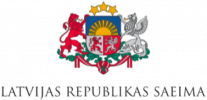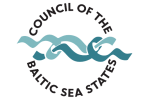The 43rd Session of the Baltic Assembly and the 30th Baltic Council took place on 17–18 October 2024 in Vilnius, Lithuania, bringing together parliamentary representatives and government officials from Lithuania, Latvia, and Estonia, as well as international partners and other guests. The event addressed critical topics concerning security, cooperation, and the future of the Baltic region.
Opening of the 43rd Session
The session began with an address from President of the Baltic Assembly Andrius Kupčinskas who opened the Session and thanked the Speakers of the Baltic States for their dedicated work towards strengthening the cooperation of the Baltic States. Speaker of the Seimas of Lithuania Viktorija Čmilytė-Nielsen highlighted the significance of the Baltic Assembly’s work in supporting Ukraine and enhancing regional security. Her remarks focused on the 35th anniversary of the Baltic Way and the 20th anniversary of EU and NATO membership for the Baltic States, underscoring the region’s commitment to democracy, security, and human rights.
Speaker of the Saeima of Latvia Daiga Mieriņa emphasized the shared security concerns of the Baltic States, including strengthening external borders, fostering military cooperation, and progressing critical infrastructure projects such as Rail Baltica. President of the Riigikogu of Estonia Lauri Hussar commended the Baltic Assembly for its proactive approach to defence, cybersecurity, and resilience, especially in light of ongoing hybrid threats from Russia.
30th Baltic Council
The 30th Baltic Council, chaired by Andrius Kupčinskas and Chair of the Cooperation Council of the Baltic Council of Ministers and Minister of Foreign Affairs of Lithuania Gabrielius Landsbergis, focused on deepening cooperation in critical areas such as security, defence, energy, and infrastructure.
Andrius Kupčinskas highlighted several areas where the cooperation of the Baltic States has been successful but also addressed issues that need more attention in the future. “Overall, the progress in Baltic cooperation is clear. This year has been both challenging and productive for strengthening the cooperation between the Baltic States,” said Andrius Kupčinskas. Meanwhile, Gabrielius Landsbergis stressed the urgency of unity in these challenging times: "The Baltic States need a strong and united voice. Only through cooperation and decisive action can we ensure security and resilience for the region and beyond."
Key discussions and questions from the Baltic parliamentarians centred on enhancing regional security and defence, addressing the ongoing geopolitical threats posed by Russia. Inese Lībiņa-Egnere, Minister of Justice of Latvia, and Margus Tsahkna, Minister of Foreign Affairs of Estonia, joined Gabrielius Landsbergis in emphasizing the importance of cybersecurity, critical infrastructure protection, and air and maritime defence capabilities. Special attention was given to joint efforts in strengthening EU and NATO external borders, ensuring the region's resilience against potential threats.
Support for Ukraine remained a high priority, with all ministers expressing the necessity of providing continuous military, humanitarian, and diplomatic aid in Ukraine’s fight against Russian aggression. Also, energy independence was a critical topic. Progress on decoupling from the Russian power grid (BRELL) by February 2025 was highlighted, alongside discussions on advancing the Rail Baltica project, which is seen as a strategic priority for both economic integration and regional security.
The Council concluded with the signing of the Joint Statement, reaffirming the unified commitment of Lithuania, Latvia and Estonia to collaborate on shared goals, particularly in areas of security, innovation, and sustainability.
Strengthening Baltic cooperation in AI development
A key thematic session focused on the role of the Baltic States in the development of Artificial Intelligence (AI). Chaired by Andrius Mazuronis, Deputy Speaker of the Seimas of the Republic of Lithuania and Member of the Security and Defence Committee of the Baltic Assembly, the session brought together experts from across the Baltic region to discuss opportunities and challenges in AI innovation and policy.
Key speakers of the thematic session:
Lina Giedraitienė, Head of the Digital Initiative Management Division of the Digital Agenda Department at the Ministry of the Economy and Innovation, Lithuania
Rinalds Celmiņš, Director of the Digital Policy Department at the Ministry of Smart Administration and Regional Development, Latvia
Sten Kapten, Education Innovation Advisor at the General Education Policy Department, Ministry of Education and Research, Estonia
The session emphasized the transformative potential of AI in driving innovation, economic growth, and digital sovereignty within the Baltic region. Lina Giedraitienė highlighted that AI is projected to contribute $19.9 trillion to the global economy by 2030. She noted Lithuania’s strong position in AI development, with over 200 projects currently being implemented in various sectors, and the country’s significant growth in AI adoption across both public and private sectors.
Rinalds Celmiņš addressed the growing challenges posed by AI, particularly regarding cybersecurity, deepfakes, and the ethical use of AI in public governance. He shared insights into Latvia's efforts to establish AI regulatory sandboxes and enforce legal frameworks to combat the misuse of AI, especially in the context of elections and disinformation campaigns.
Sten Kapten focused on the impact of AI in education. He emphasized the need to equip teachers and students with the necessary tools and skills to navigate an AI-driven future. Kapten highlighted Estonia’s ongoing efforts to integrate AI into education systems, including teacher training programs and initiatives to use AI to enhance learning outcomes in subjects like mathematics.
The session underscored the importance of the trilateral cooperation of Lithuania, Latvia, and Estonia in developing shared AI policies, fostering joint research initiatives, and ensuring ethical AI use. By aligning their efforts, the Baltic States aim to position themselves as leaders in AI innovation on the global stage. The discussion concluded with calls for further investments in digital infrastructure, data-sharing agreements, and talent development across borders, ensuring a competitive and unified approach to AI development.
Addresses by foreign delegations
International partners, and guests of the session, shared their perspectives, emphasizing the importance of unity, cooperation, and shared goals in addressing global challenges.
President of the Baltic Sea Parliamentary Conference Alfons Röblom highlighted the shared responsibility of countries bordering the Baltic Sea in ensuring security and sustainability. He stressed that joint efforts in energy security and environmental protection are crucial to maintaining the health of the Baltic Sea.
President of the Benelux Parliament Pim van Ballekom focused on the potential of AI, emphasizing the importance of cross-border cooperation to harness AI for economic growth.
Member of the Presidium of the Nordic Council Jouni Ovaska praised the Baltic States' strong support for Ukraine and called for continued cooperation in areas such as cybersecurity, AI, and defence, especially as Finland and Sweden's NATO membership strengthens regional security.
Chair of the Ukrainian delegation to the GUAM Parliamentary Assembly Sviatoslav Yurash expressed gratitude for the Baltic States' support for Ukraine and emphasized GUAM's efforts in cybersecurity and business cooperation.
Deputy Speaker of the Albanian Parliament Bledar Çuçi discussed the South-East European Cooperation Process and Albania’s use of digital technologies to enhance governance. He also underscored the region's commitment to promoting democracy and fighting terrorism.
Audronius Ažubalis, Head of the Lithuanian delegation to the NATO Parliamentary Assembly, stressed the importance of NATO’s support for Ukraine and called for continued unity in defending democratic values and extending Ukraine’s NATO membership.
President of the Czech Senate Miloš Vystrčil addressed the session in a video message, emphasizing the importance of Czech cooperation with like-minded countries such as the Baltic States, Benelux and Nordic countries, especially in terms of shared history, values, and attitudes.
Looking ahead: Latvian Presidency
The Session concluded with the election of Jānis Vucāns as the President of the Baltic Assembly from 1 January 2025. The Latvian Presidency aims to focus on security, innovation, energy, and digital policy while continuing strong support for Ukraine in its fight against Russian aggression. Jānis Vucāns emphasized the importance of close cooperation among the Baltic States and their international allies, particularly in ensuring resilience and sustainability in the face of ongoing geopolitical challenges. With a new presidency in place and ambitious goals set for the future, the Baltic Assembly remains a vital forum for collaboration, ensuring the continued security, prosperity and unity of the Baltic region.
Photos
© Seimo kanceliarijos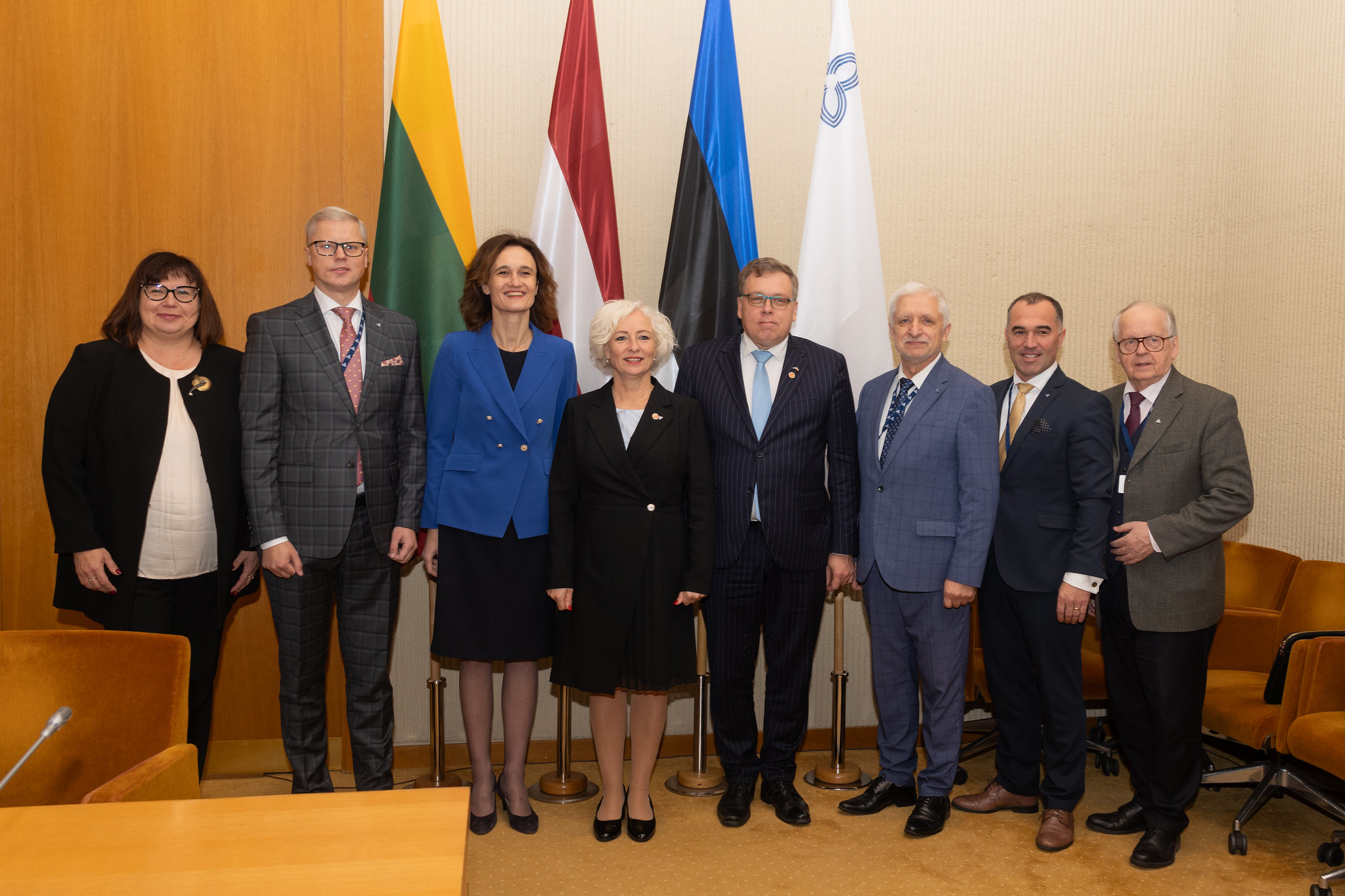
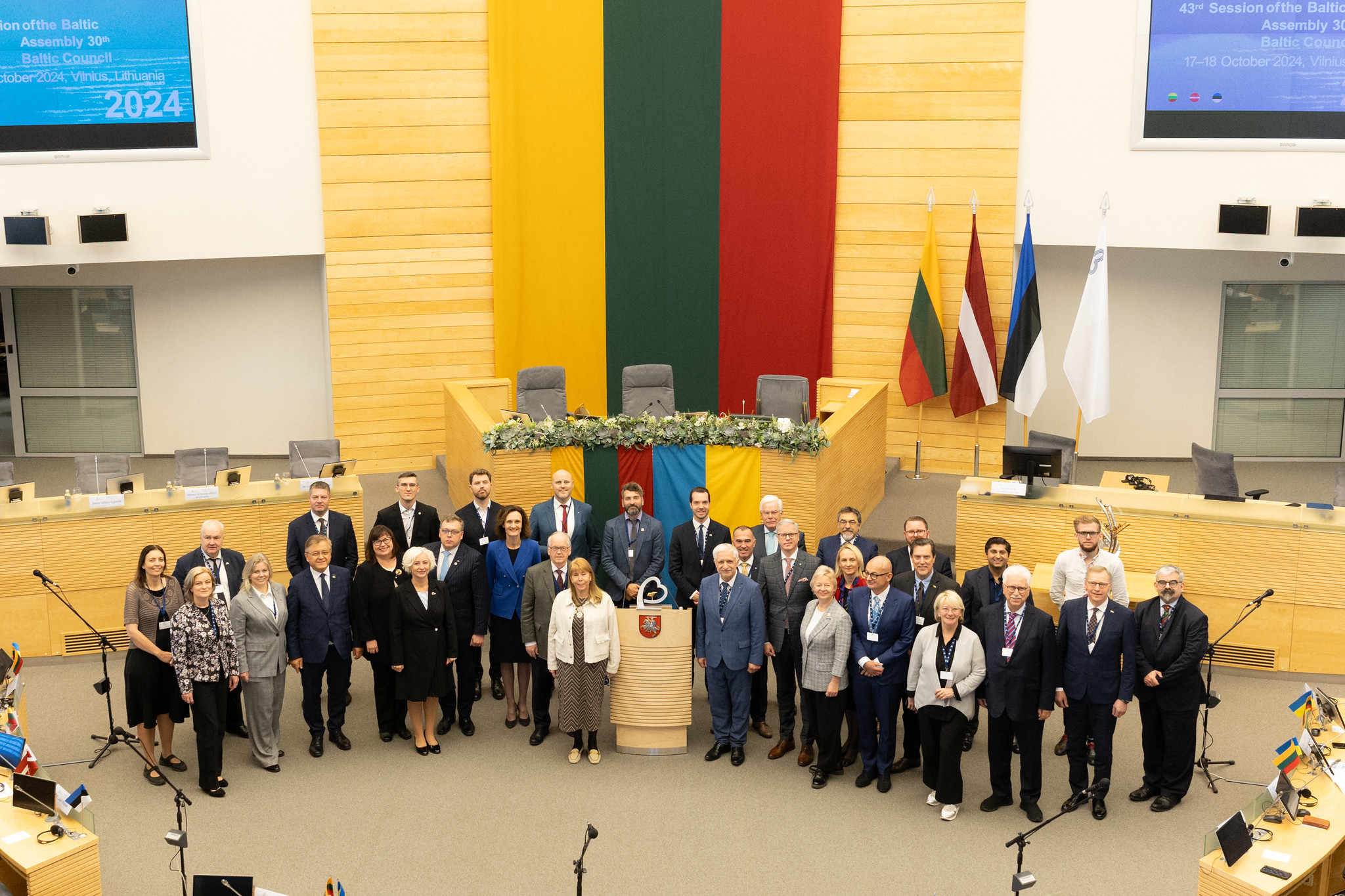

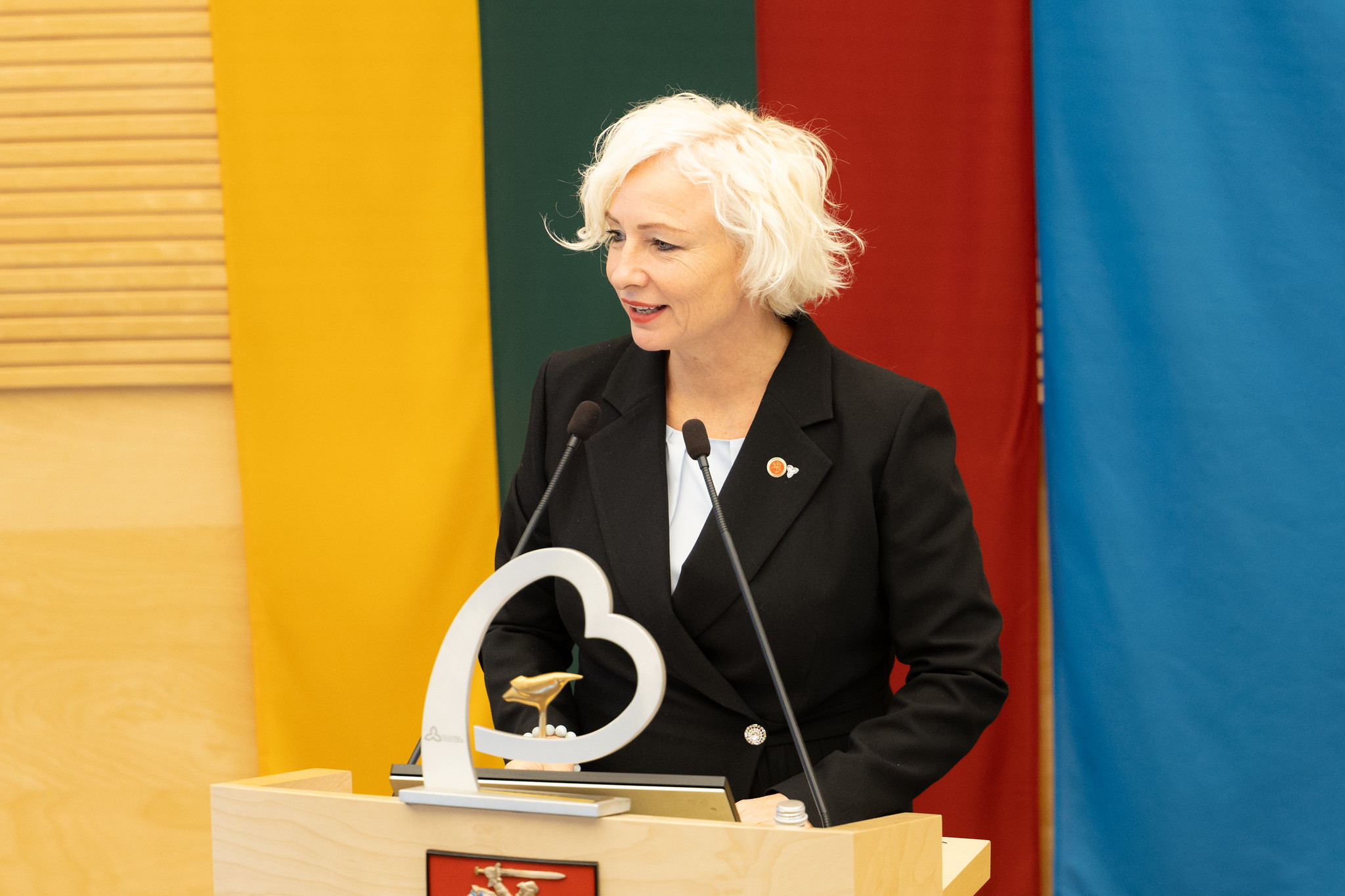
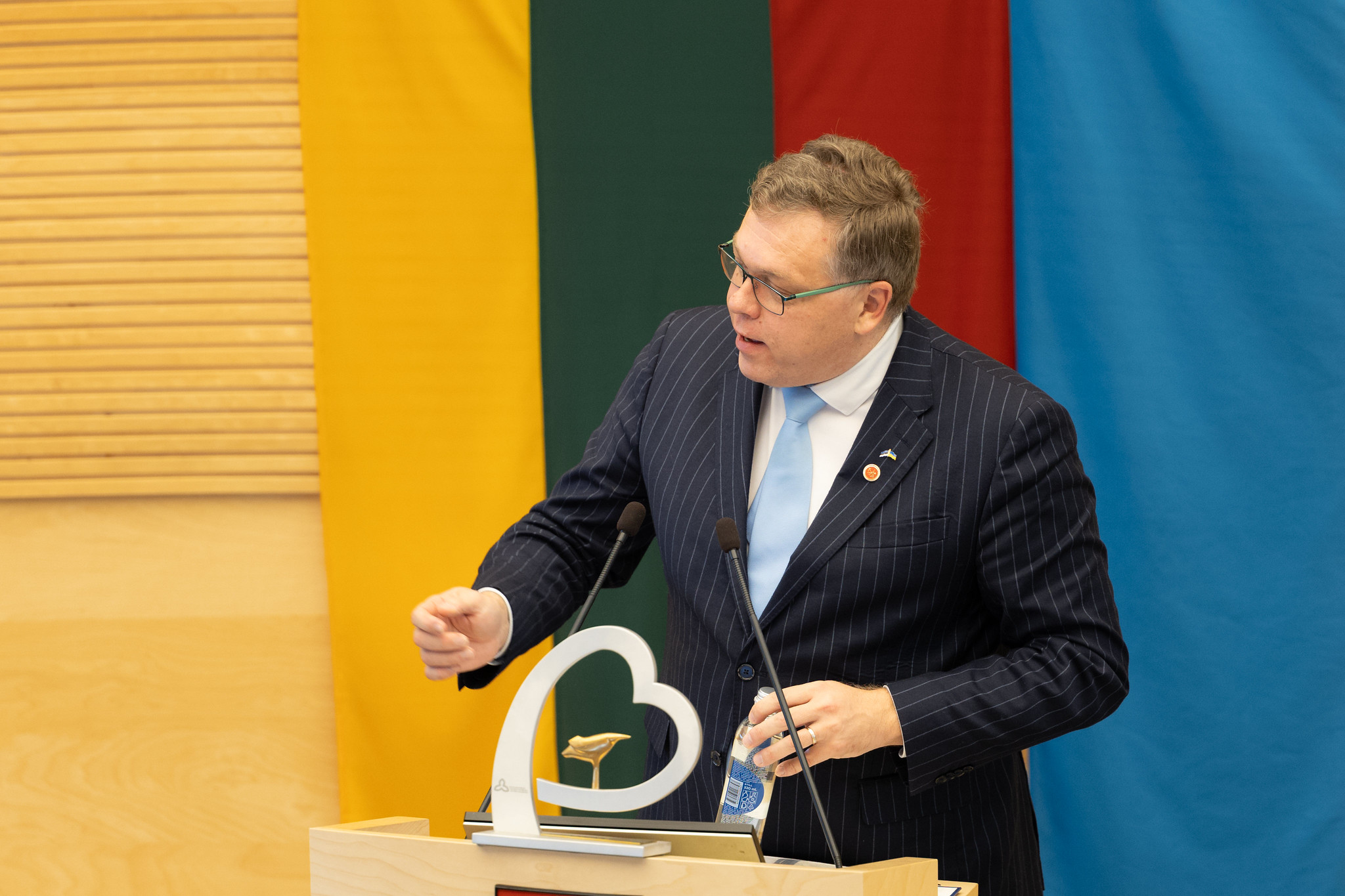
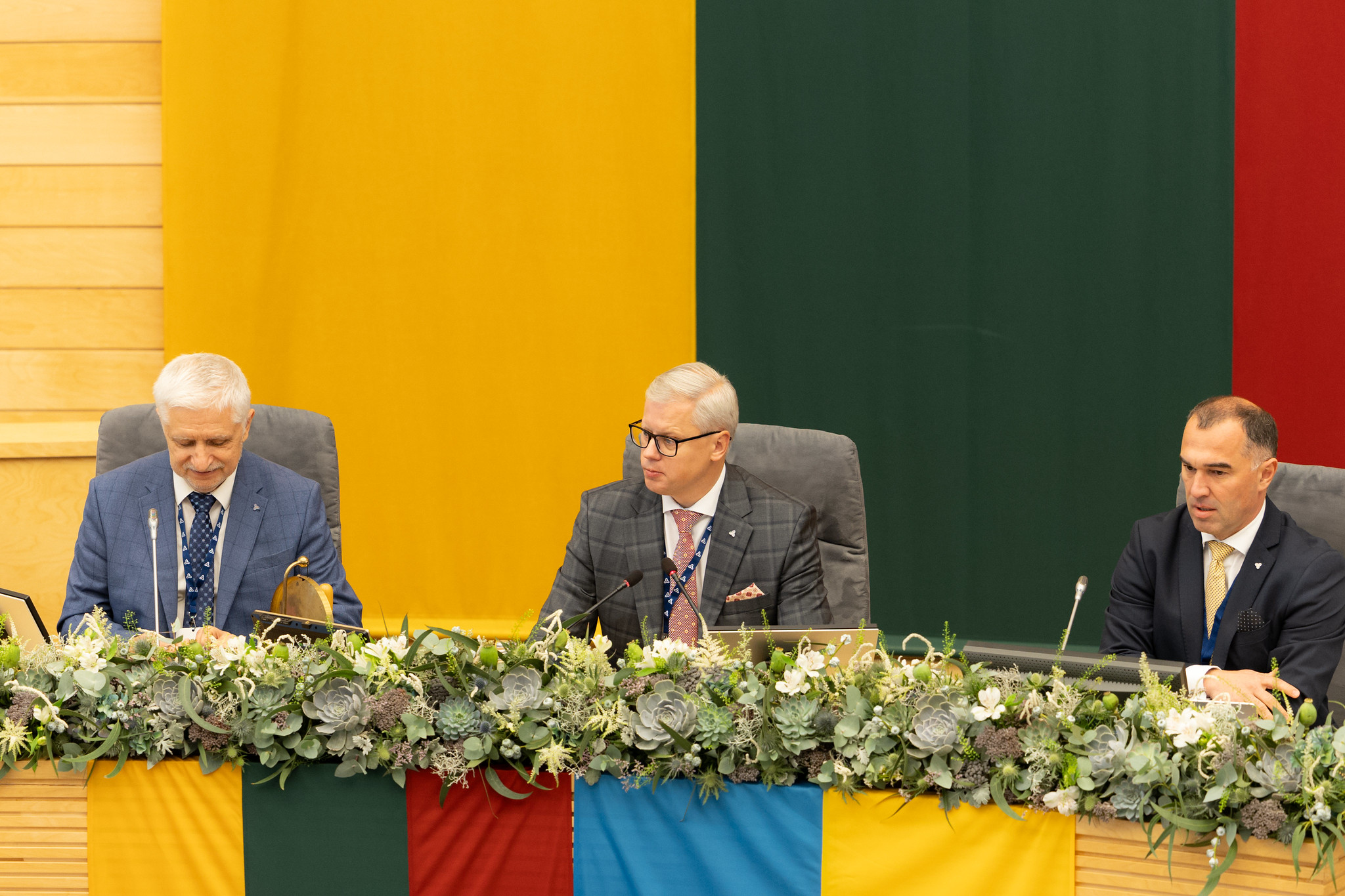
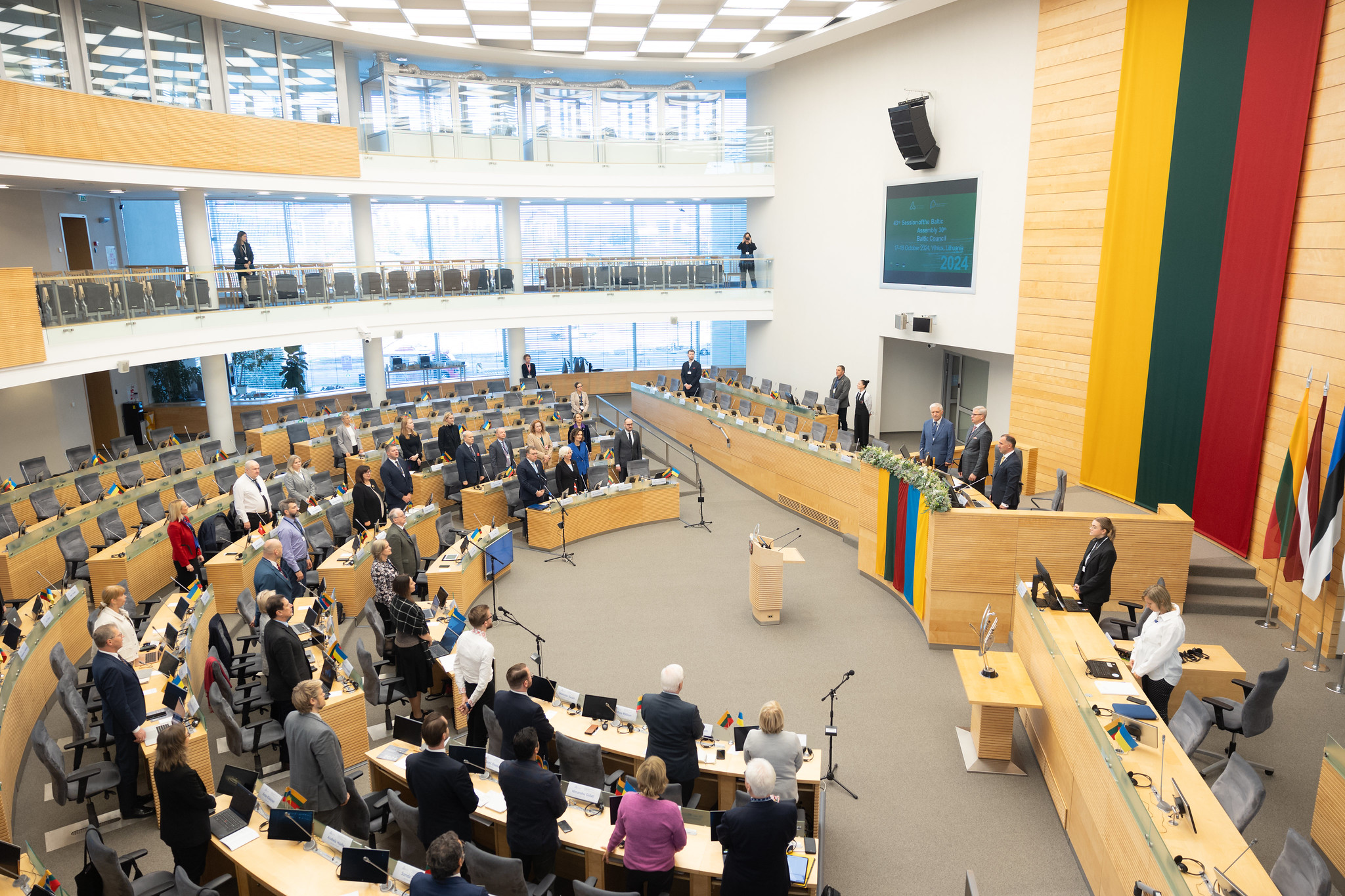

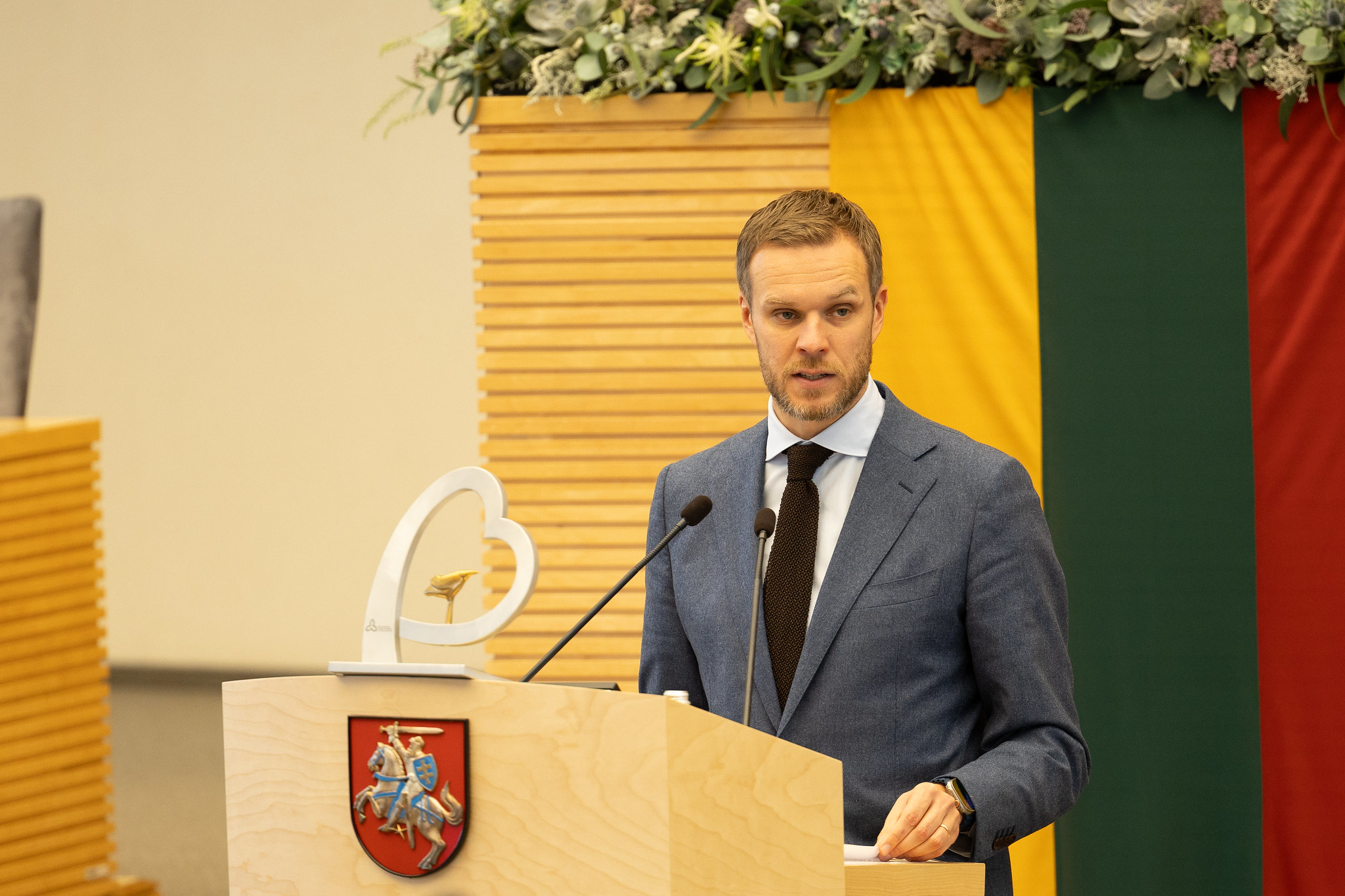
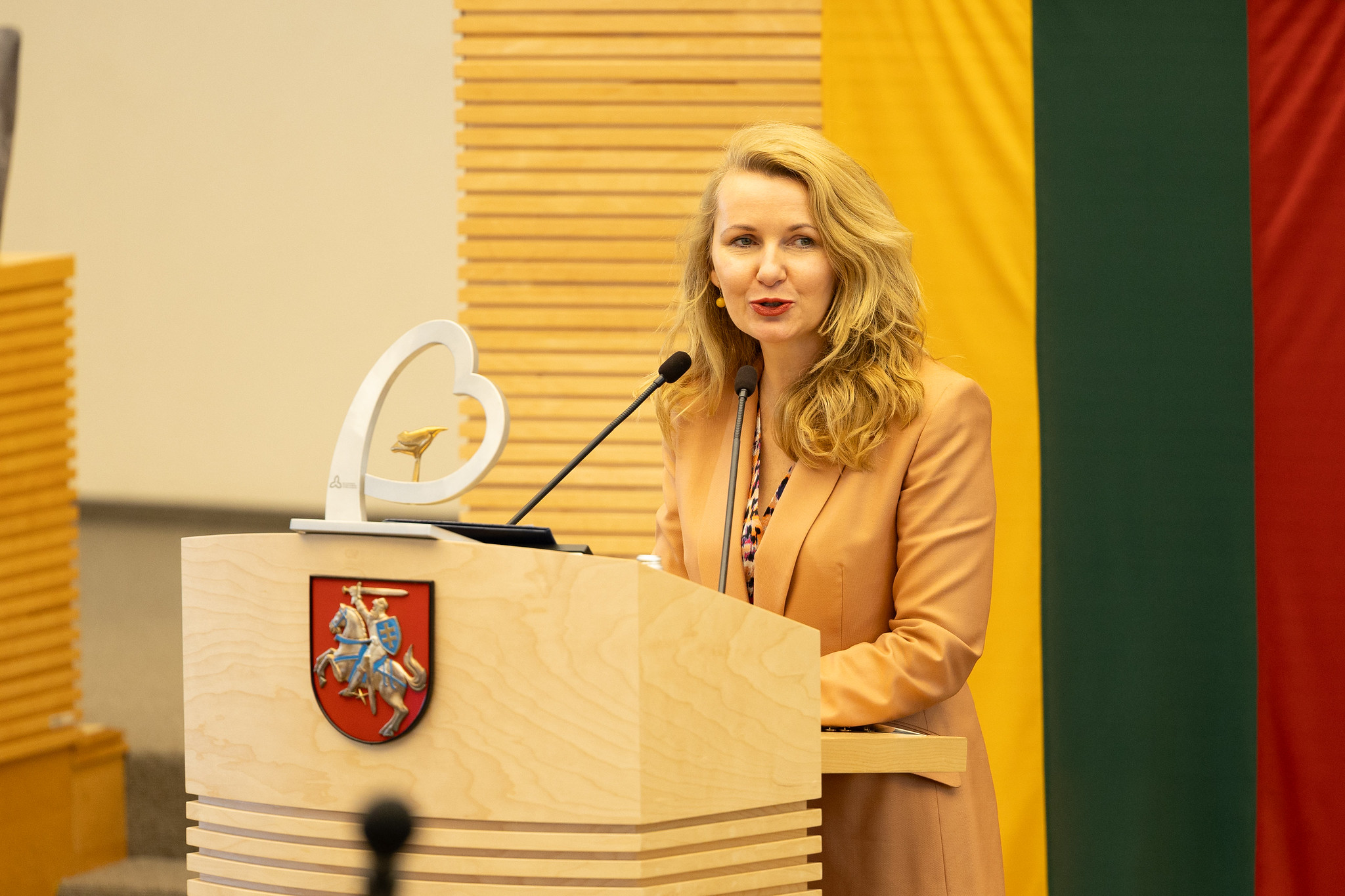
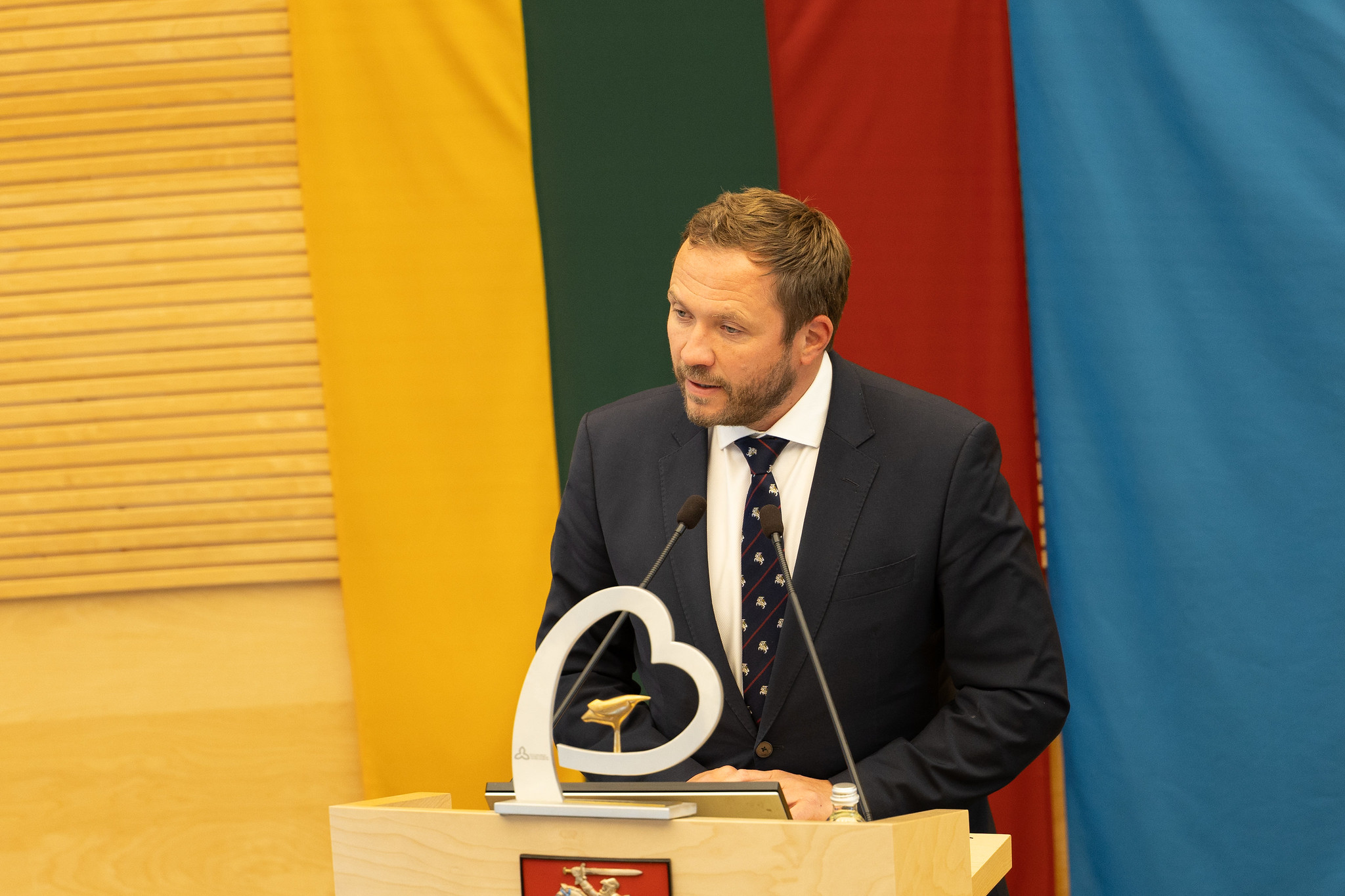
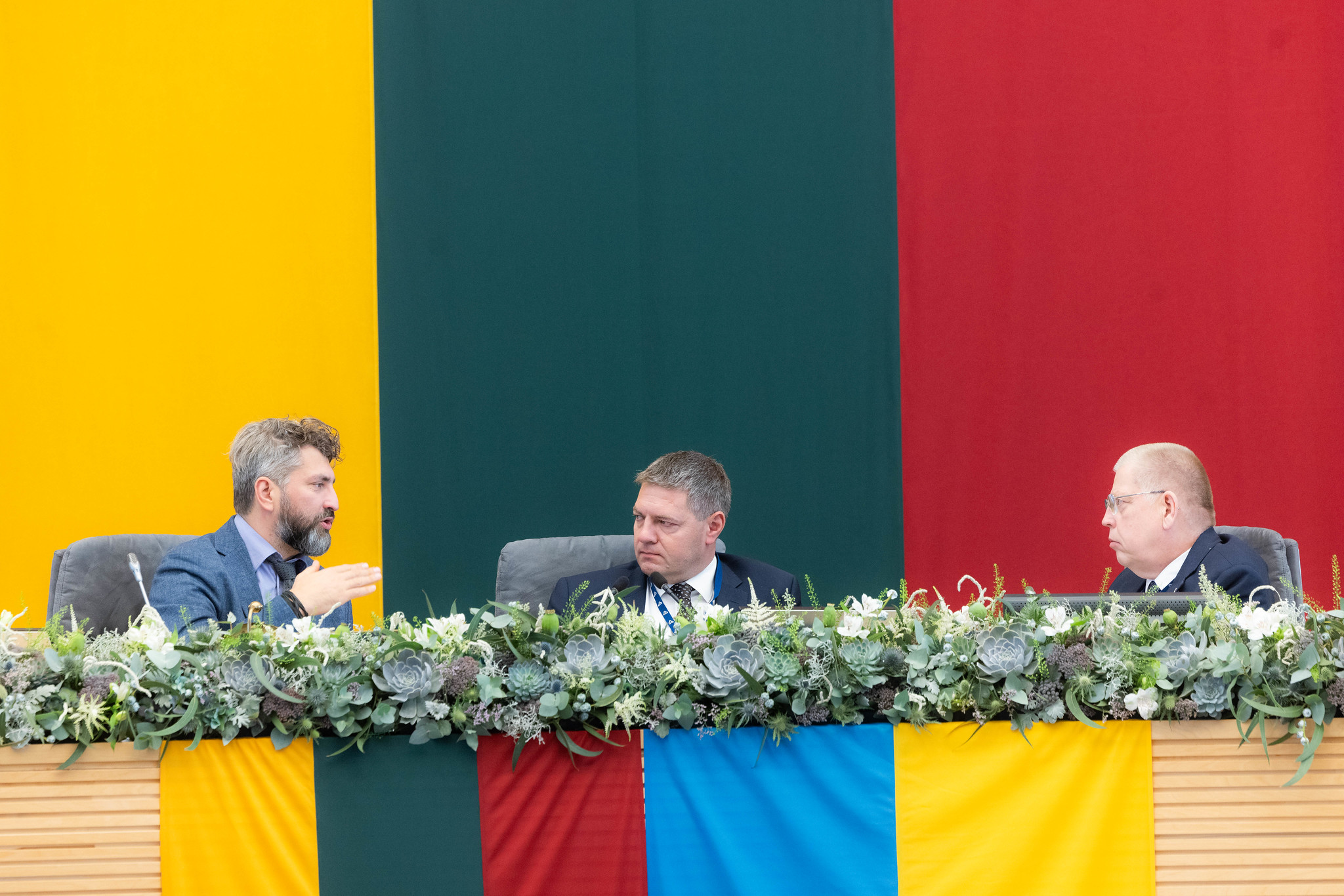
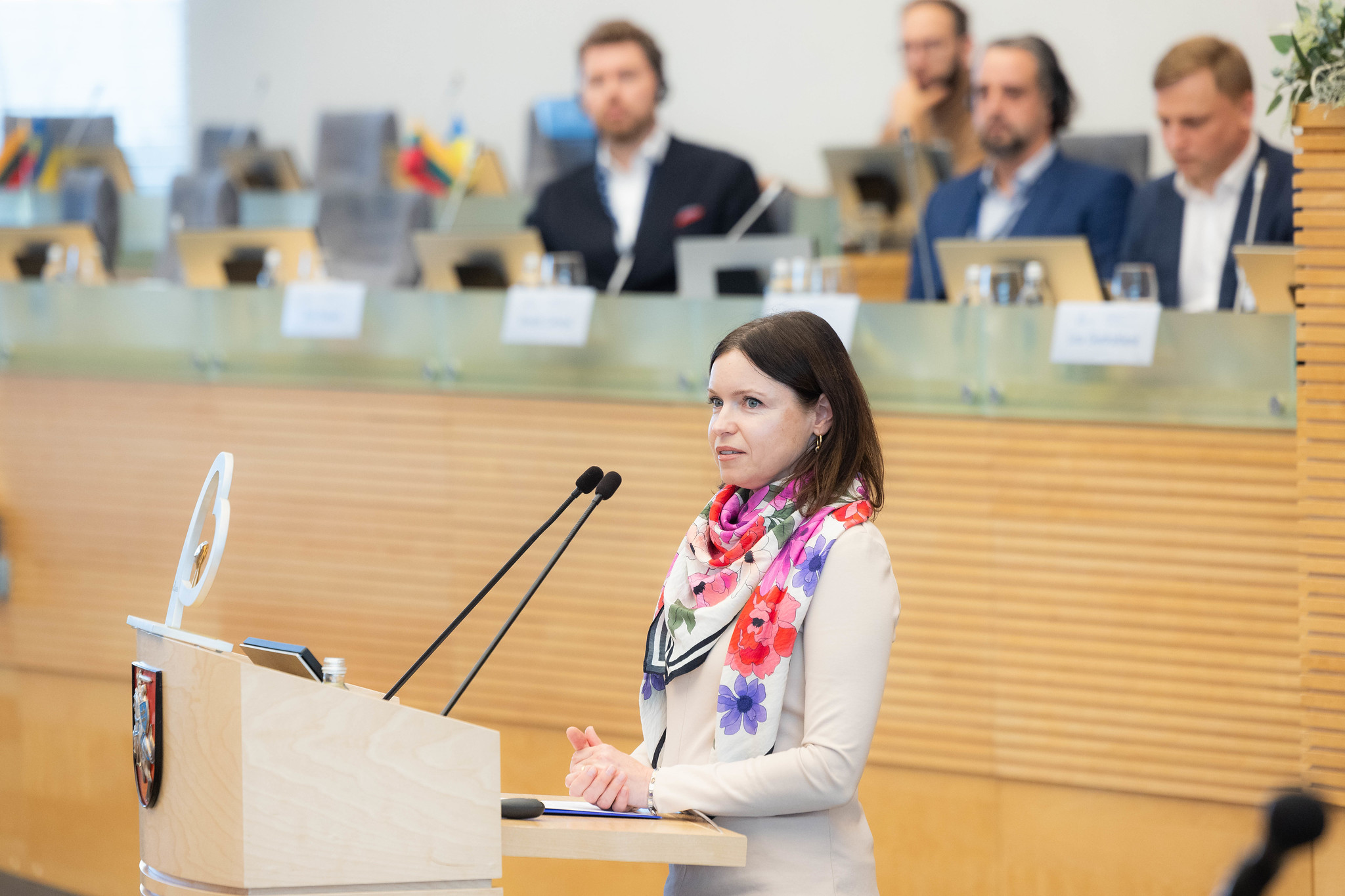
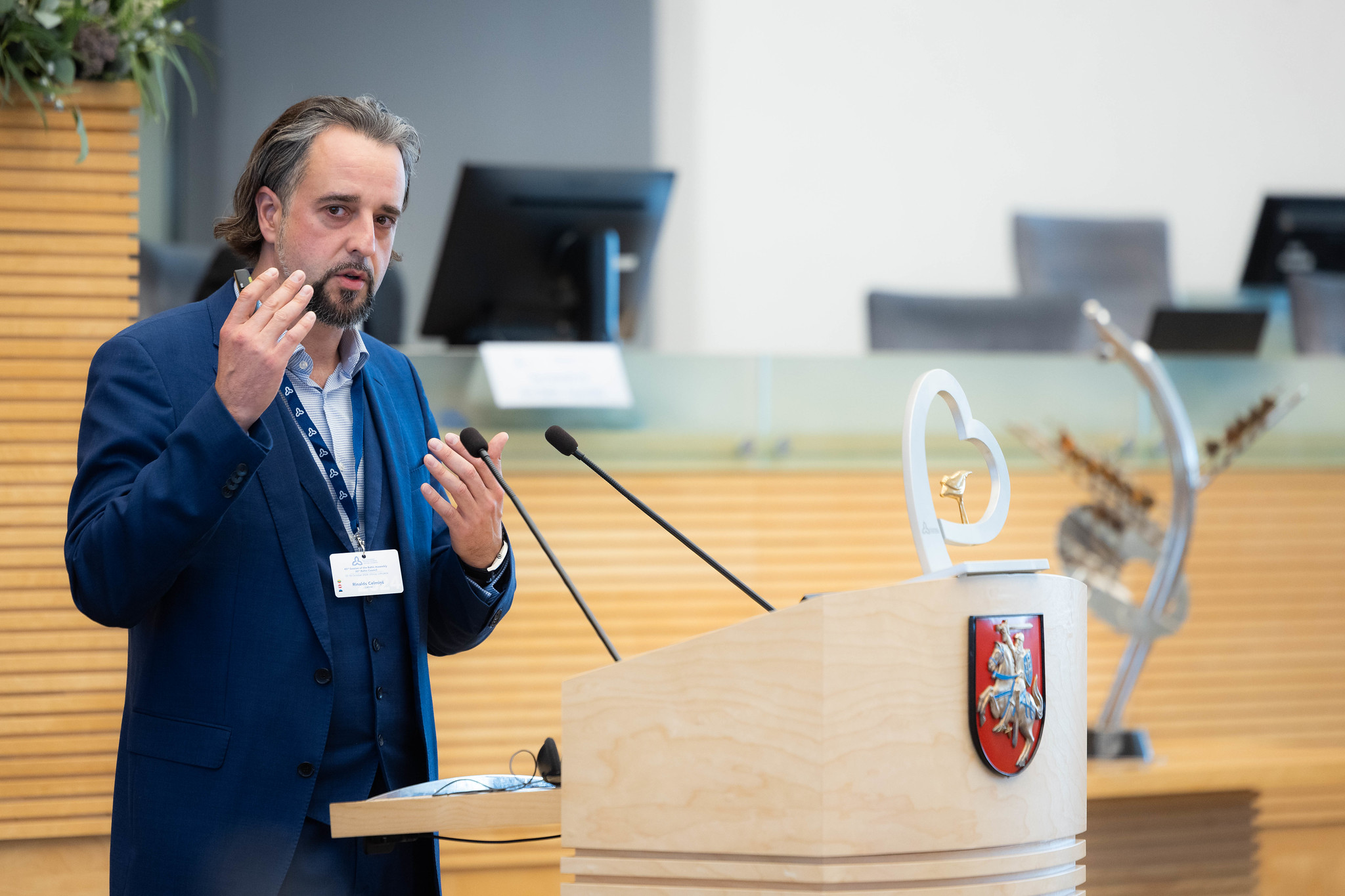
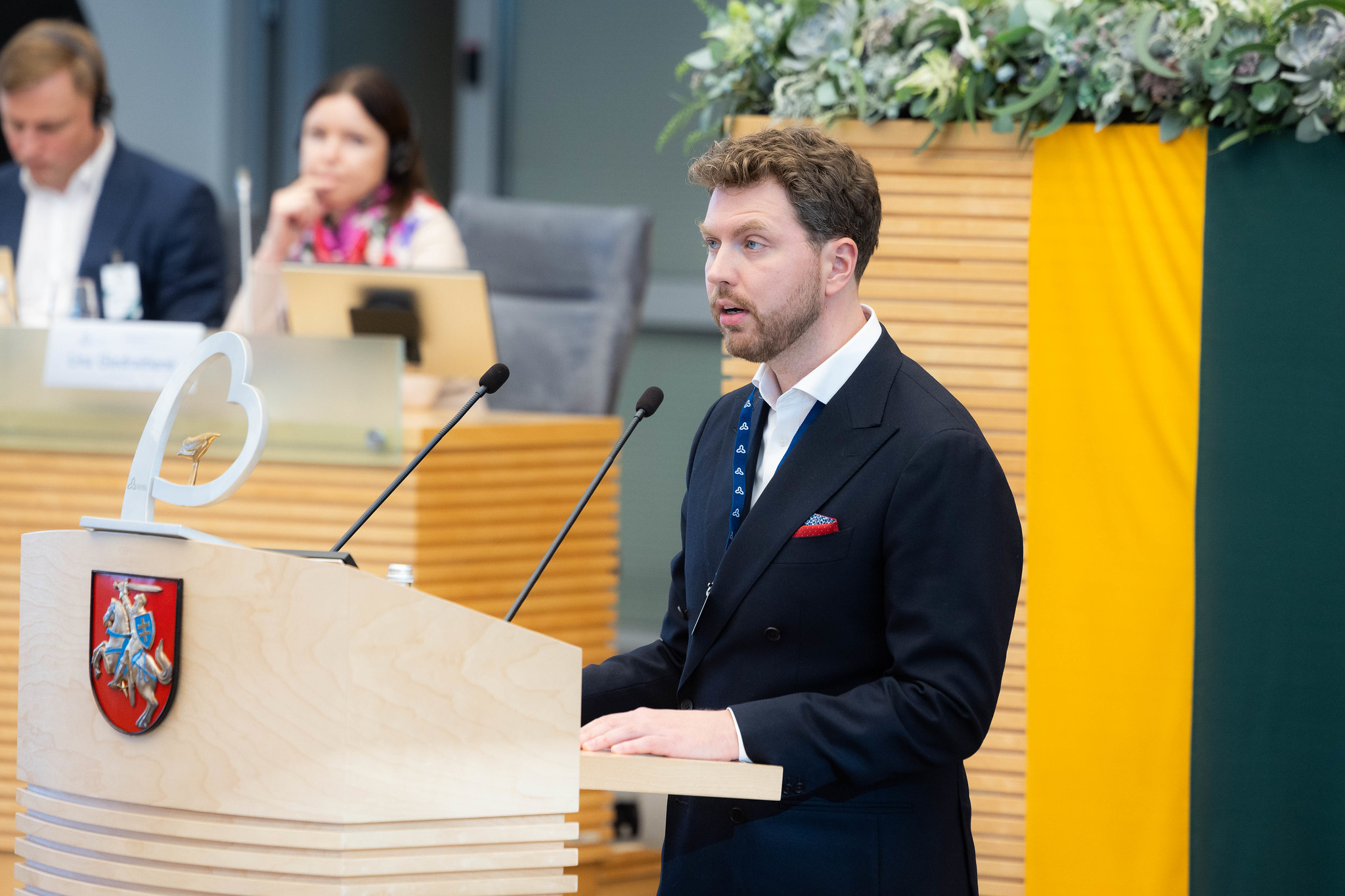
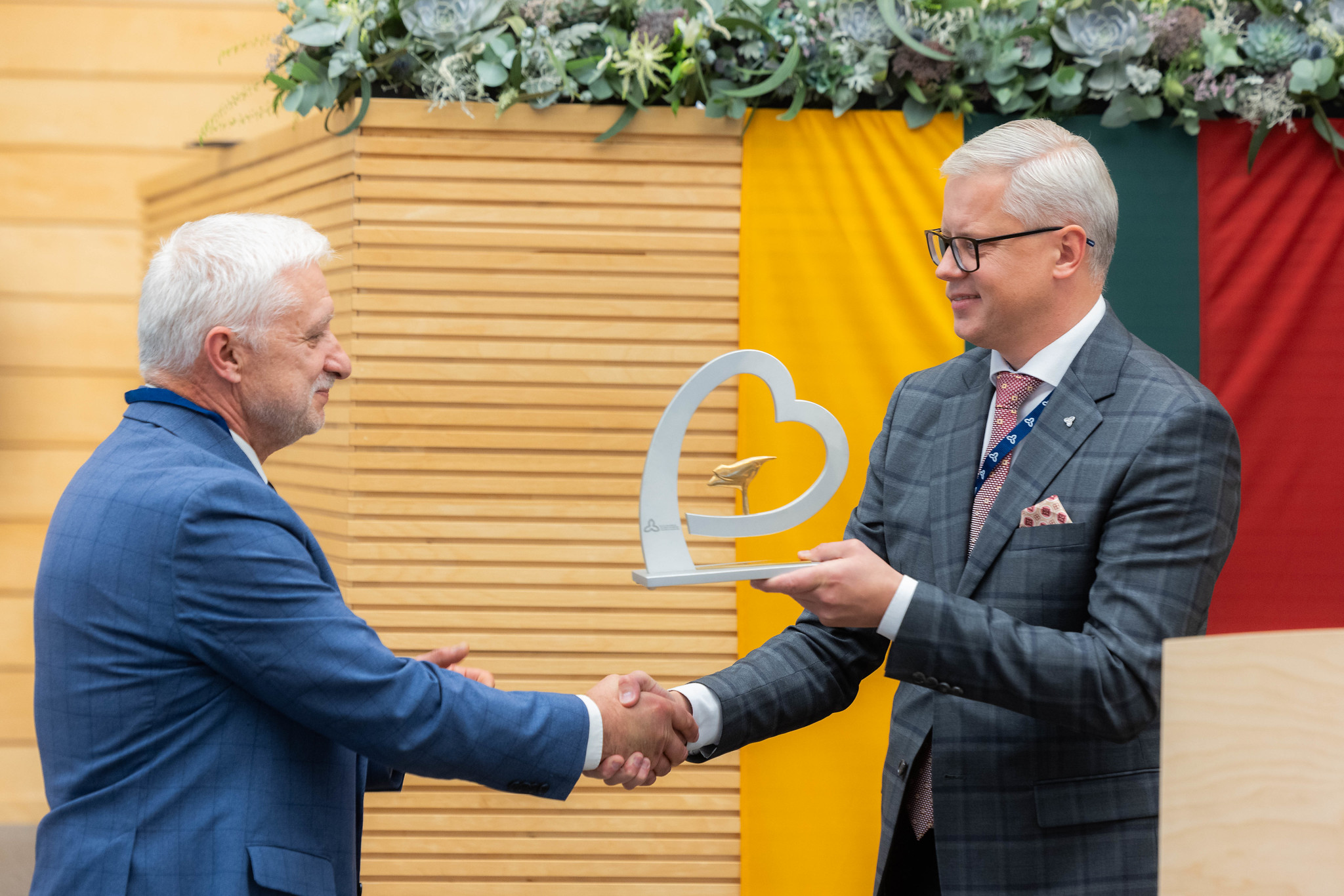
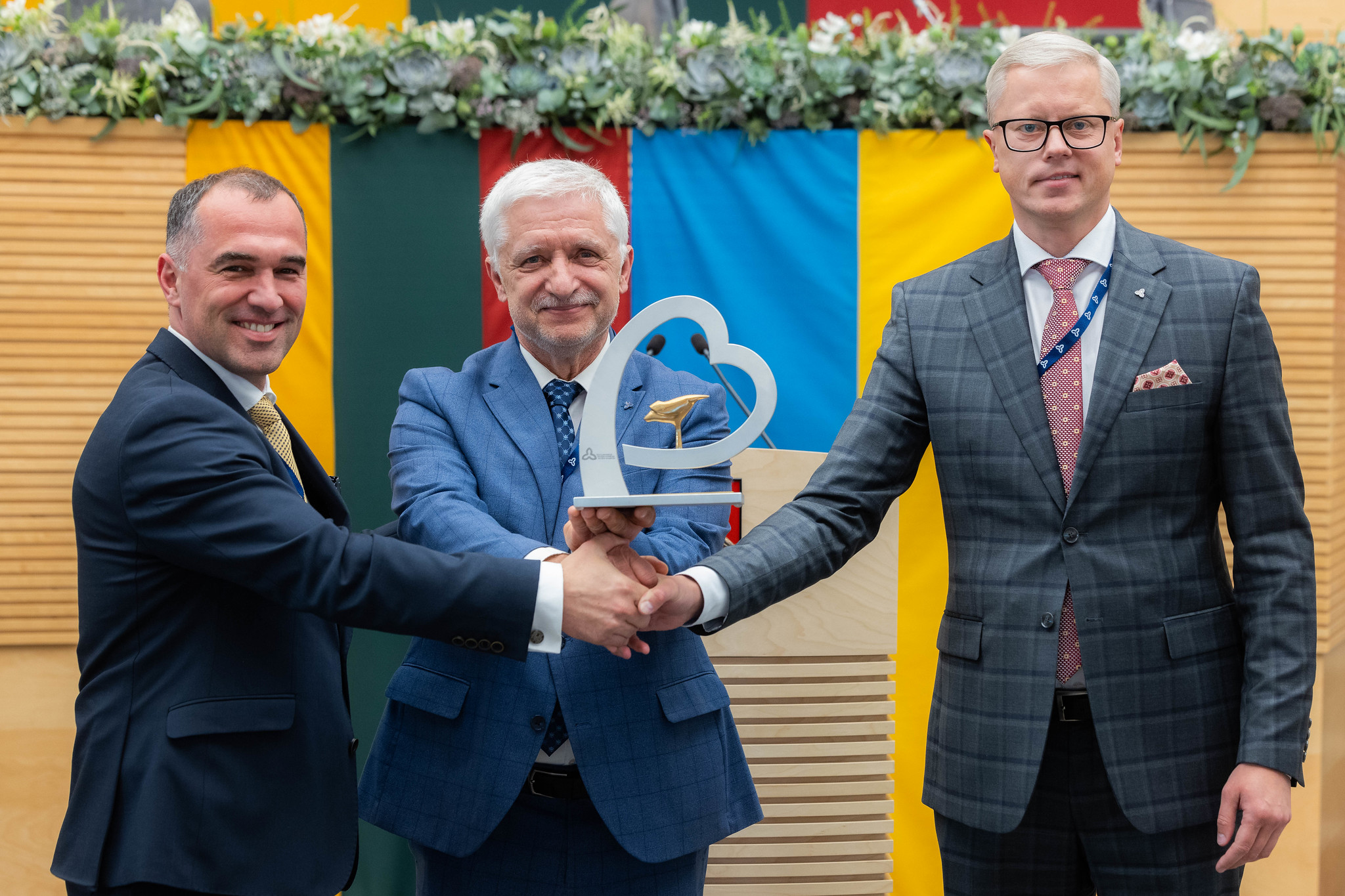
 Print
Print 

